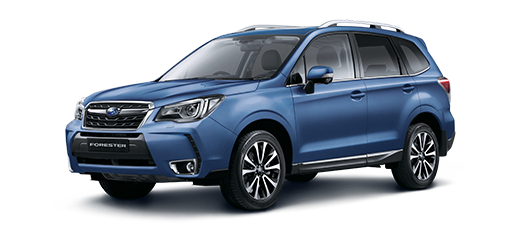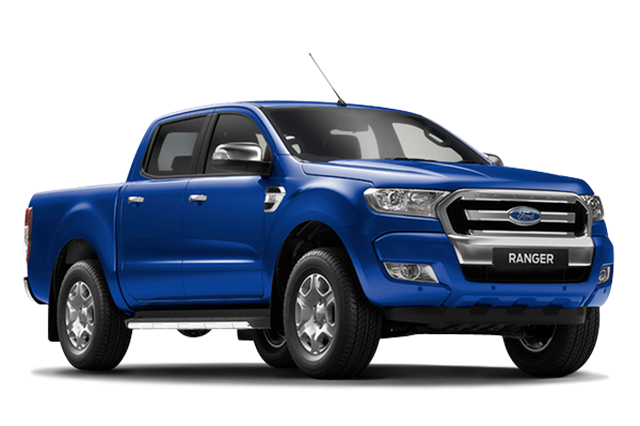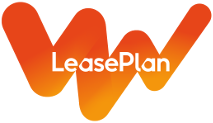-
Financial services for lease vehicles
-
Getting value from your fleet
It’s important to take a far-sighted approach and think beyond the initial purchase or lease price in order to get genuine value from your fleet.
Considering what vehicle financing option will deliver the best return on investment for your fleet over the longer term is the first step.
-

Lease or buy?
Where financial stability and minimising exposure to loss is important, leasing is a popular and enduring successful business strategy.
-
Operating lease
An operating lease works similar to a rental agreement in that you only pay for use of the vehicle. The lessor assumes the risk on the resale, and it can free up capital that may otherwise be tied up with asset ownership.
Finance lease
Under a finance lease, vehicles are purchased by the lessor on behalf of the lessee, or business, but the resale risk is with the lessee. The benefits of this type of lease might building equity with low deposit terms - some of these leases do not require any deposit.
Operating lease or finance lease?
There are benefits with both operating and finance leases and one may work better than the other for you. The right choice will depend on a variety of factors.
-
Ask us how leasing would work for you
-

Lifecycle costs
Lifecycle costs, also known as Whole-of-Life Cost or Total Cost of Ownership, refers to the total cost of owning an asset over its entire life.
This total cost includes all expenditure associated with each vehicle – from purchase to sale. Factors such as purchase price, lease payments, depreciation, residual value, anticipated maintenance, fuel etc. are all part of the lifecycle costs equation.
Understanding ideal business use of vehicles, and effectively measuring and reporting on utilisation is essential in successful management of lifecycle costs.
